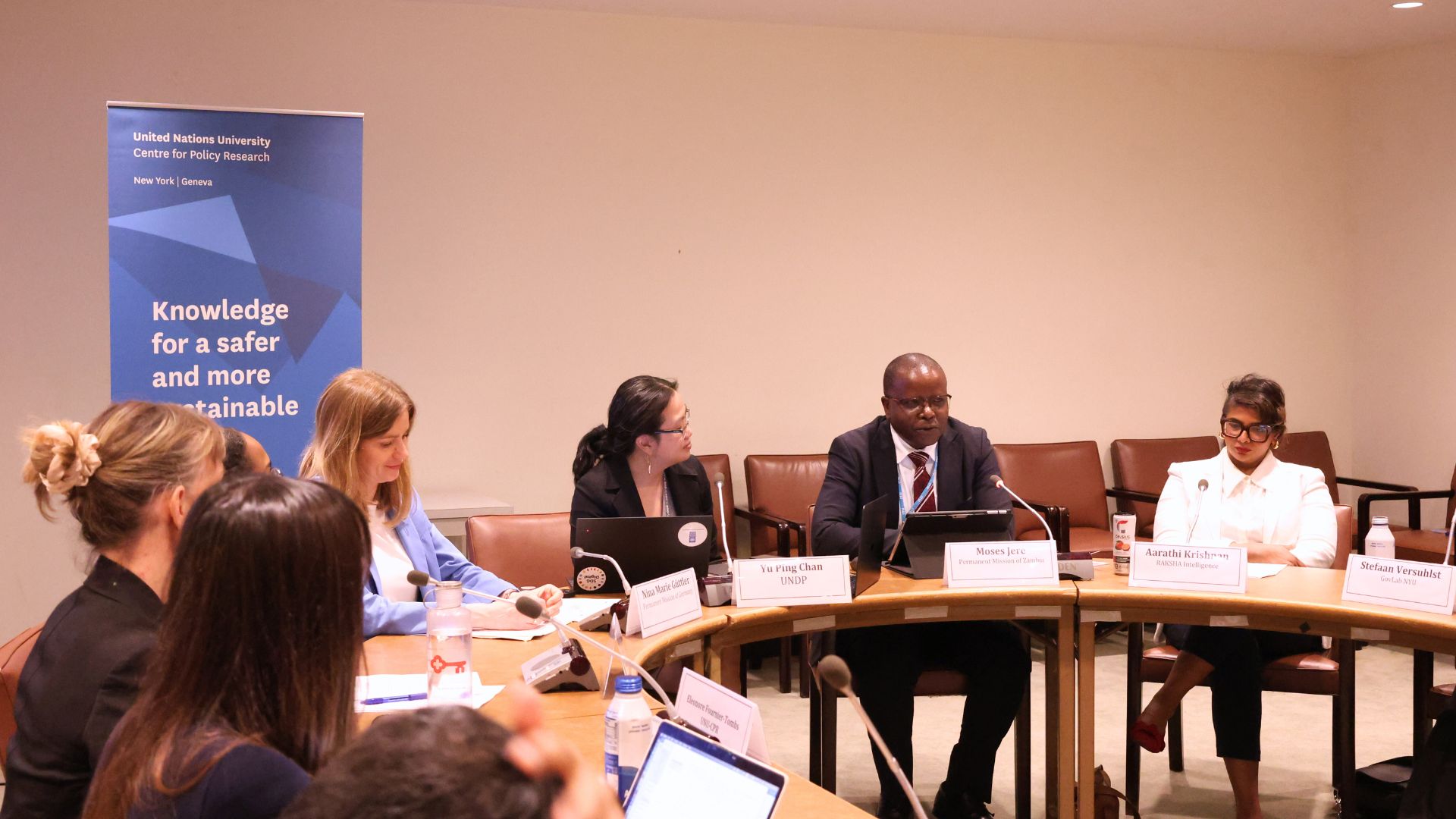Responsible AI for Sustainable Development
I was deeply honoured to be invited as a speaker at the UN Science, Technology and Innovation Forum in New York this past May. The event brought together thought leaders, policymakers, and innovators from across the globe to address one of the most pressing challenges of our time: ensuring artificial intelligence serves humanity’s best interests whilst advancing sustainable development.
A Critical Moment for AI Governance
The forum, organised by the United Nations Development Programme (UNDP), the German Mission to the UN, and the United Nations University Centre for Policy Research, focused on “Towards the Hamburg Declaration on Responsible AI for the Sustainable Development Goals.” This initiative represents a crucial step forward in establishing frameworks that ensure AI upholds human rights, protects marginalised communities, and combats the growing threat of disinformation.
The timing of this gathering couldn’t have been more significant. As artificial intelligence rapidly transforms sectors from healthcare to education, from agriculture to governance, we stand at a crossroads. The decisions we make today about AI governance will shape the technology’s impact on society for generations to come.
Building Bridges, Not Divides
One of the most compelling aspects of the forum was its emphasis on bridging the AI divide. Too often, technological advancement exacerbates existing inequalities, leaving developing nations and marginalised communities further behind. The discussions centred on how we can harness AI’s transformative potential whilst ensuring equitable access and benefits across all regions and populations.
The recent progress through the Global Digital Compact (GDC) and the International Scientific Panel on AI demonstrates that the international community is taking concrete steps towards responsible AI governance. These initiatives provide hopeful examples of how multilateral cooperation can address complex technological challenges.
The Path Forward: Collaboration and Innovation
The conversations at the forum reinforced a fundamental truth: the challenges posed by AI are too complex for any single nation or organisation to tackle alone. The path forward requires unprecedented global cooperation, innovative governance pathways, and the scaling of existing successful initiatives.
Key themes that emerged from the discussions included:
-
Human-Centred Approach: Ensuring AI development prioritises human dignity, rights, and wellbeing above all else.
-
Inclusive Innovation: Creating space for diverse voices, particularly from the Global South, in AI governance conversations.
-
Sustainable Development: Aligning AI advancement with the UN Sustainable Development Goals to address pressing global challenges.
-
Accountability Mechanisms: Establishing robust frameworks for monitoring and addressing AI’s societal impact.
A Shared Responsibility
As I reflected on the rich discussions and collaborative spirit of the forum, I was struck by the shared commitment to ensuring AI serves humanity responsibly. The Hamburg Declaration represents more than a policy document; it embodies our collective aspiration for a future where technology amplifies human potential rather than diminishing it.
The work ahead is challenging, but the foundation laid at this forum provides reason for optimism. By continuing to foster dialogue between technologists, policymakers, civil society, and affected communities, we can navigate the complexities of AI governance and create a more equitable, sustainable future for all.
The conversations may have concluded in New York, but the real work begins now in our respective communities, organisations, and nations. The future of AI depends not just on the technology itself, but on the choices we make about how to govern and deploy it responsibly.
The UN Science, Technology and Innovation Forum continues to serve as a vital platform for addressing the intersection of technology and sustainable development. As we move forward, the commitment to responsible AI governance remains more important than ever.
